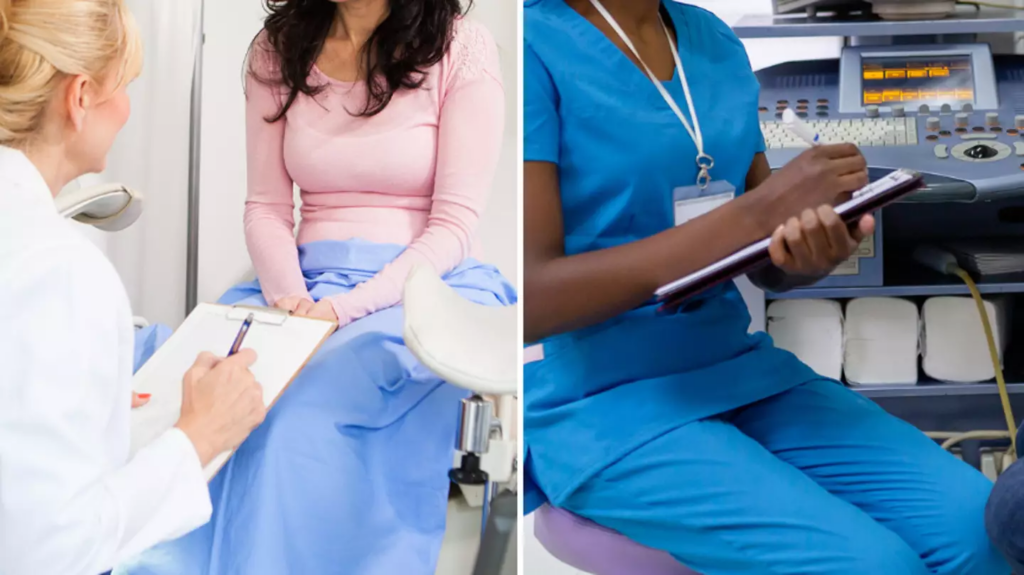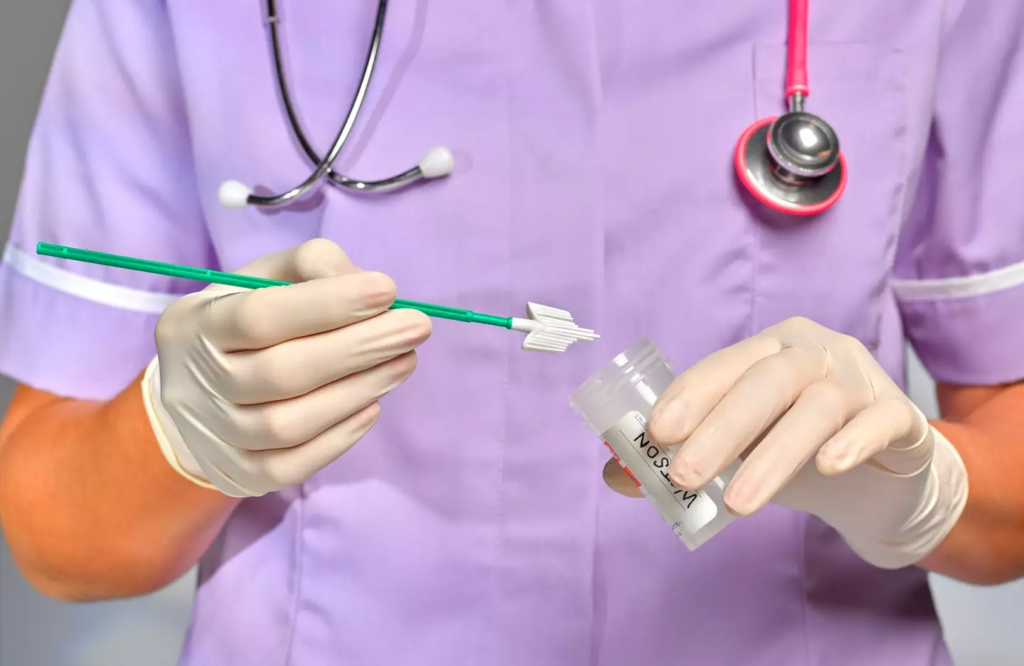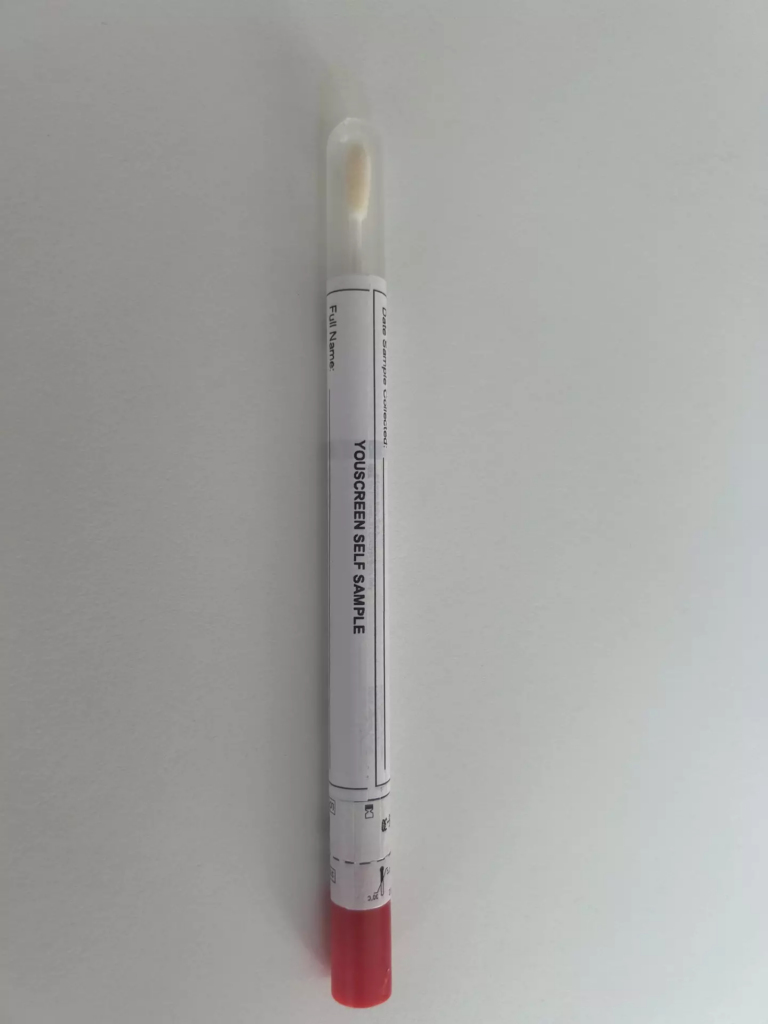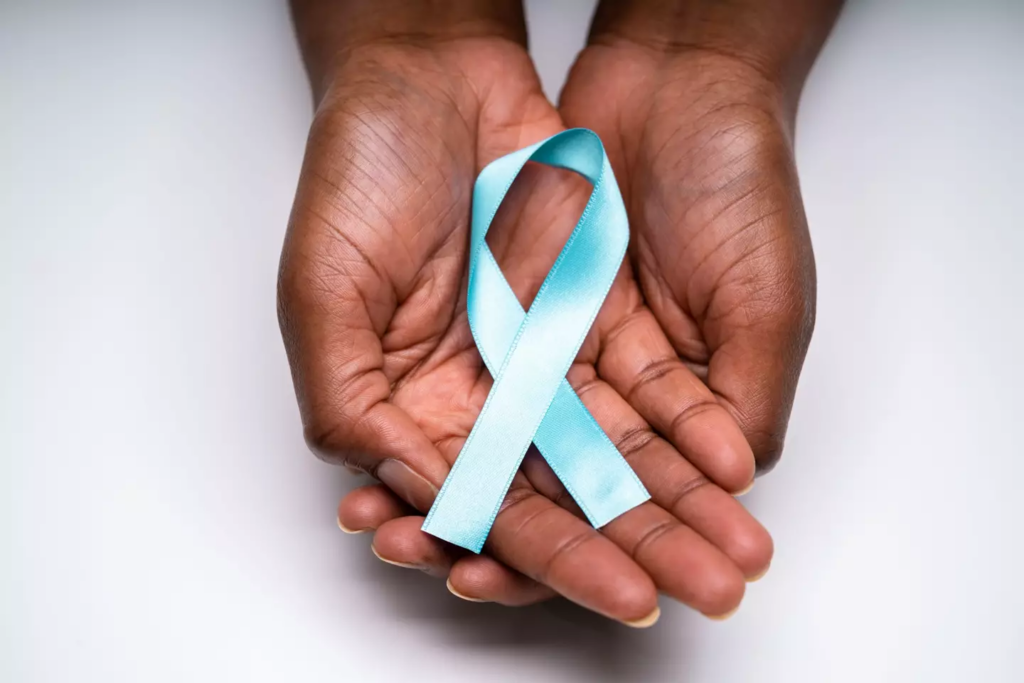The NHS has recently made a groundbreaking revelation that can save the lives of women. Their introduction of a simple at-home test could potentially benefit over one million additional women in the UK. This test could also lead to approximately 400,000 more checks every year, making it a true game-changer in women’s healthcare.

The self-testing kit is designed to detect the presence of the human papillomavirus (HPV), a group of viruses that cause no symptoms but can lead to cervical cancer. Recent data indicates that around 13 high-risk types of HPV are responsible for nearly 99.7 percent of all cervical cancers.
Unfortunately, there is currently no blood test available for HPV, so detecting it relies on cervical screenings. During these screenings, a small sample of cells is taken from the cervix and tested for the virus. These screenings are offered to all women and people with a cervix aged 25 to 64, as they play a crucial role in protecting against cervical cancer.

However, the uptake for cervical screenings has been declining, with nearly one-third of women in England, especially younger women, not taking their most recent test. Various factors contribute to this decline, including issues with making appointments, feelings of embarrassment, and concerns about the test causing pain.
To combat this trend, the NHS has introduced at-home testing kits, which could entirely change the landscape of cervical screenings. In the recent King’s College London YouScreen trial, women were provided with a vaginal swab, similar to a longer cotton bud, to collect their own sample. This sample could be taken either at their GP practice or in the comfort of their own homes. The kits also included free postage to send the samples to a laboratory for analysis.

Several countries, including the Netherlands, Australia, Denmark, and Sweden, have already implemented these self-testing kits successfully. Now, based on the results of the trial, it is estimated that an additional one million women in England could undergo screening every three years if these kits were made available to the public.
Dr. Anita Lim, the lead investigator from King’s College London, emphasizes the importance of self-sampling for those who do not regularly attend screenings. She states, “Cervical screening participation has been falling in England for over two decades. Currently, a third of eligible women aren’t getting screened regularly, and in some parts of London, this is as high as 50%. It is crucial that we make cervical screening easier by introducing innovations like self-sampling, alongside the current cervical screening program, to help protect more people from this highly preventable cancer. Self-sampling can do this by offering people choice and convenience.”

This breakthrough in women’s health is truly revolutionary. By providing women with the option to test for HPV in the comfort of their own homes, the NHS is empowering and protecting a significant number of individuals. If you want more information or need someone to talk to confidentially about these issues, you can contact Macmillan’s Cancer Support Line at 0808 808 00 00, available from 8 am to 8 pm, seven days a week.
Topics: NHS, Science, Health, Technology, News, UK News, Cancer, Life,






